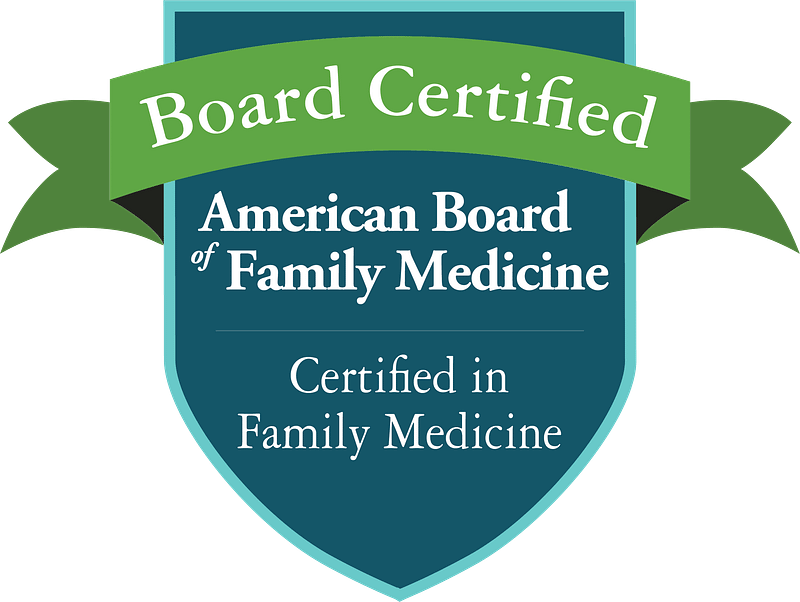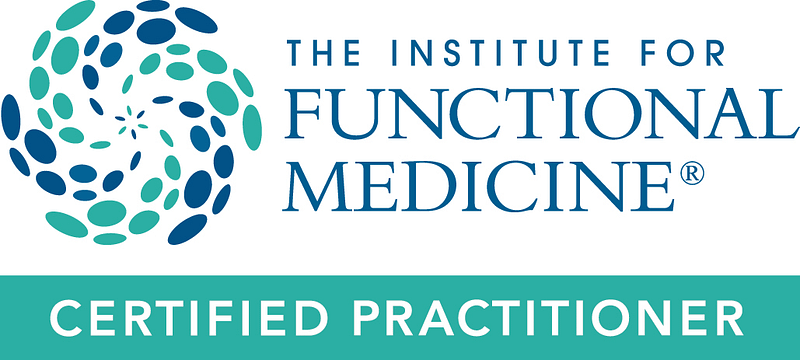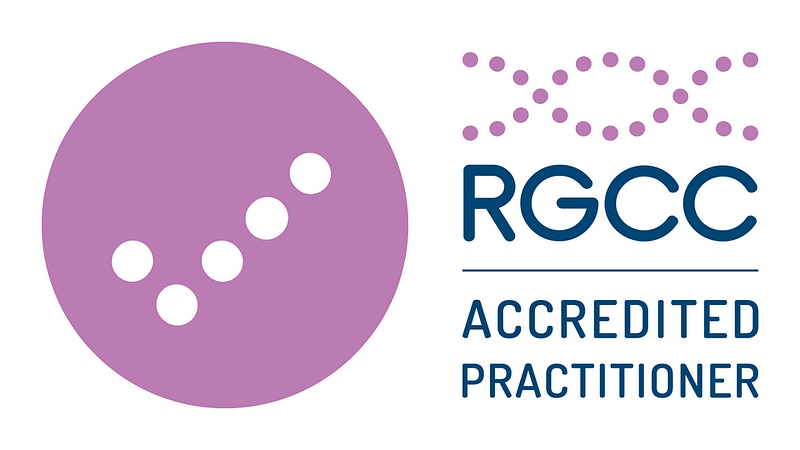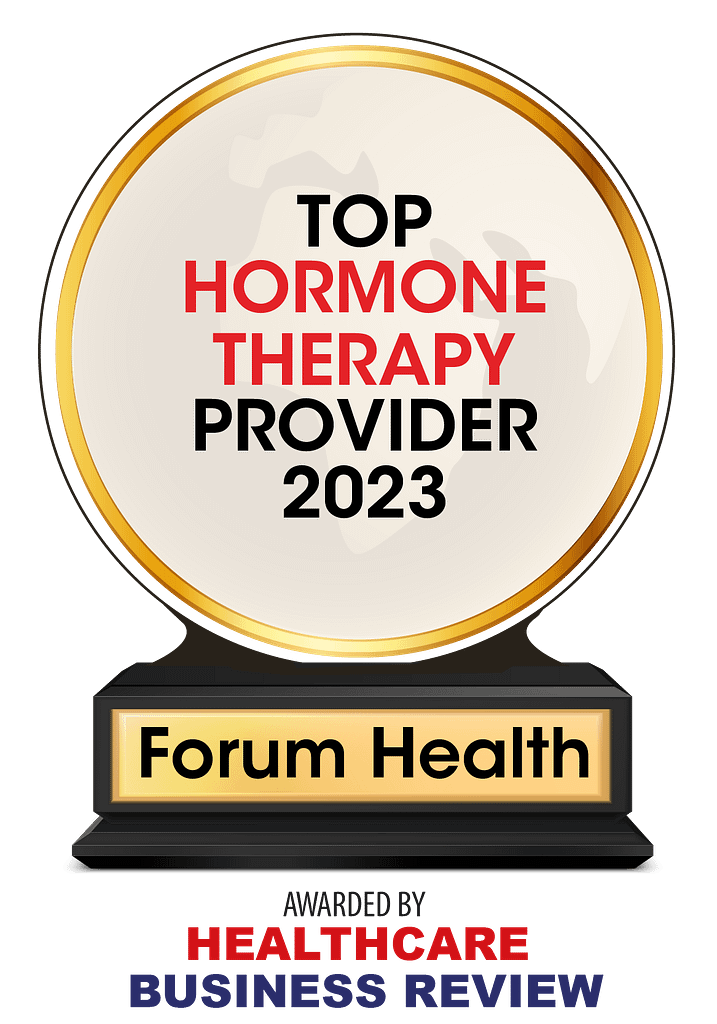Sensitivity Removal Technique (SRT) in Greater Asheville
Allergy – a growing concern
Up to 30 percent of adults and 40 percent of children in the United States suffer from allergic diseases. Hives, sneezing, bronchitis, itching, asthma and swelling are symptoms experienced by many allergy sufferers. Even more common but seldom correctly diagnosed are more general symptoms of delayed allergy and sensitivity to foods and chemicals including but not limited to fatigue, headaches, bloating, constipation, diarrhea, indigestion, urinary urgency or frequency, muscle and joint pain, chronic sinusitis, and “feeling sick all over.”
Traditional allergy treatment vs. SRT
Although skin testing and blood testing are effective at identifying a specific type of classic allergy (IgE mediated allergy), they are not effective at identifying other more common mechanisms by which a person can have delayed allergic reactions. The Elimination/Challenge Diagnostic Diet, though effective in revealing food allergies, can require weeks of effort and relies on dietary and lifestyle restrictions that are difficult for many. SRT more quickly identifies and desensitizes allergens and requires fewer lifestyle changes.
What is SRT?
SRT is a non-invasive, drug free, and natural solution to desensitize allergies and sensitivities to a variety of substances. It utilizes computer assisted evaluations, acupressure, and homeopathic principles. SRT was developed by an Ohio physician, Dr. Sherri Tenpenny, who desired to streamline similar methods in which she had trained: Nambudripad Allergy Elimination Technique (NAET), BioSET, and Jaffe-Mallor technique. After her adaptations were perfected over seven years of practice, Dr. Tenpenny trained others in her techniques.
SRT can reduce or eliminate adverse reactions to foods, food additives, spices, drugs, nutrients, pollens, flowers, molds, perfume, animals, cosmetics, chemicals, tobacco, pathogens, and other environmental triggers including heat and cold. SRT will not treat symptoms from toxic effects of chemicals. Avoidance or reduction of chemical toxins and known carcinogens is recommended even after tolerance is gained.
East meets West
From a Western medicine perspective, allergy is an overreaction of the immune system to a substance that is harmless to most individuals. Chinese Medicine principles see allergies and sensitivities as resulting from disrupted energy flow in the meridians (energy pathways). Blocked flow of energy causes imbalances in yin and yang, or opposite states (moist and dry, hot and cold, male and female, etc.) that combine to form chi (vital energy). Chi is balanced in health and imbalanced in disease.
According to Oriental medical principles, when the body is in perfect balance (homeostasis), disease is not possible. According to acupuncture theory, stimulating specific acupuncture points is capable of bringing the body to a state of homeostasis and restoring the flow of energy.
The immune system has a memory, a fact that helps assure survival by providing lifelong immunity to infections. That memory is also responsible for developing chronic symptoms from repeated exposure to offending substances (allergens) including foods and toxins. SRT can be thought of as pressing the autonomic nervous system’s virtual “reset button,” thereby reprogramming the autonomic nervous system to develop a new cellular memory so tolerance can replace the former allergic response.
SRT treatment described . . .
The patient initially receives a computer-assisted evaluation to determine which substances need to be desensitized and the priority in which they need to be treated. This evaluation takes about five minutes.
Then, while the patient holds vials that contain homeopathic representation of the substances that have been identified as allergenic, acupressure is applied to specific acupuncture points along the spine to open up energy flow to the autonomic nervous system. Acupressure is used once again to activate specific acupuncture points on the arms and legs to open energy flow throughout the body.
The patient then lies quietly for 15 minutes. Experiencing tiredness, fatigue or hunger during the 24 hours following a treatment is common. Symptoms including headaches, chilliness, perspiration, nausea, and emotional releases may occur in more sensitive people. Though successful treatment can occur without any symptoms, if symptoms do occur, they are seen as evidence that the patient’s physiology is responding as desired. The patient is required to avoid eating or drinking anything for two hours after an SRT treatment, in addition to avoiding other substances to which he is being desensitized. Resting is recommended if symptoms occur following a session.
How many treatments will I need?
All patients receive two basic treatments that enhance digestion, build the immune system, and desensitize basic essential bio-chemicals and nutrients, preparing the body for further desensitization. After the initial two treatments are completed, an average of four to seven more treatments may typically be needed, depending on the extent of allergic illness.
Customize your treatments
The first two basic treatments pave the way for subsequent customized treatments during which the patient can be tested and desensitized to virtually any item to which he suspects he reacts. Discuss any specific allergens needing desensitization with the SRT staff to enhance your treatment.
Prepare for your treatments
Wear comfortable lightweight clothing. Eat and drink shortly before your appointment, as you will be asked to avoid eating and drinking for two hours immediately following your treatment. You will be given detailed written instructions for future appointments at your first appointment. Plan on one 90-minute initial treatment and two to six 30-minute follow-up appointments.
A word about food and nutrients
Considering the fact that most people eat three or more times a day, there are many opportunities for an allergy-prone person to develop allergies or sensitivities to foods. Not only can symptoms of food allergy be uncomfortable, the resulting changes in the digestive and immune systems can cause interference with the absorption and utilization of nutrients, contribute to autoimmune diseases, and result in allergies and sensitivities to vitamins and minerals.
In an effort to feel better, persons suffering from allergic illnesses often take vitamin and mineral supplementation and may unknowingly take the very nutrients to which they are allergic, perpetuating allergies and sensitivities. After problematic nutrients are addressed by SRT, patients may experience improved tolerance to and effectiveness of a program of nutritional supplementation needed for optimal health.








